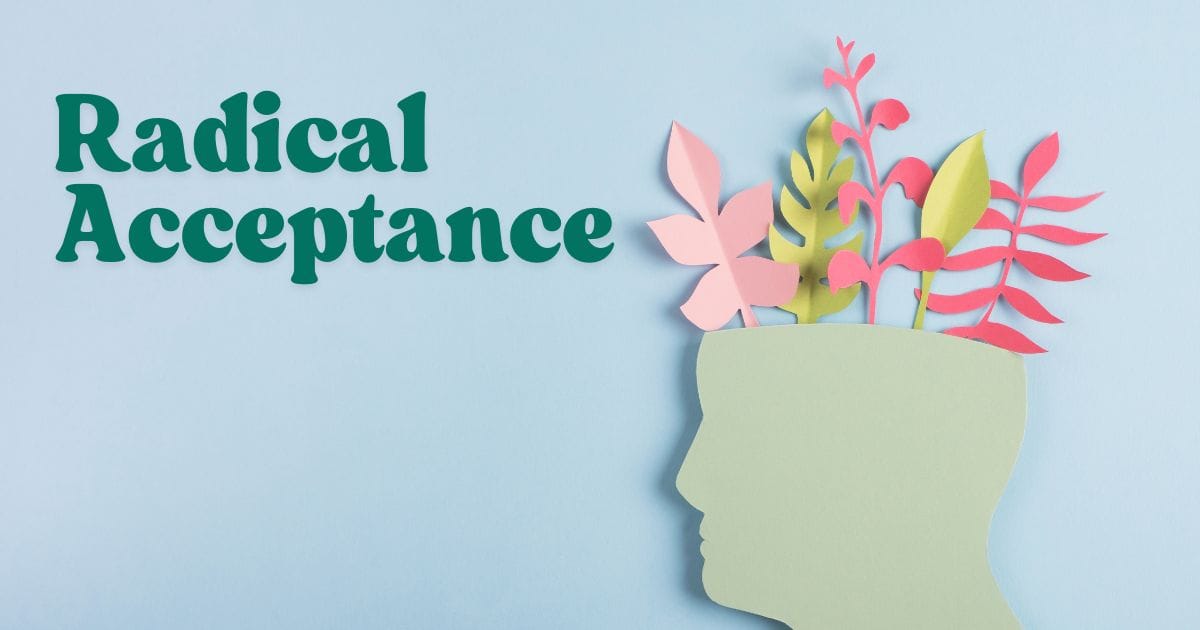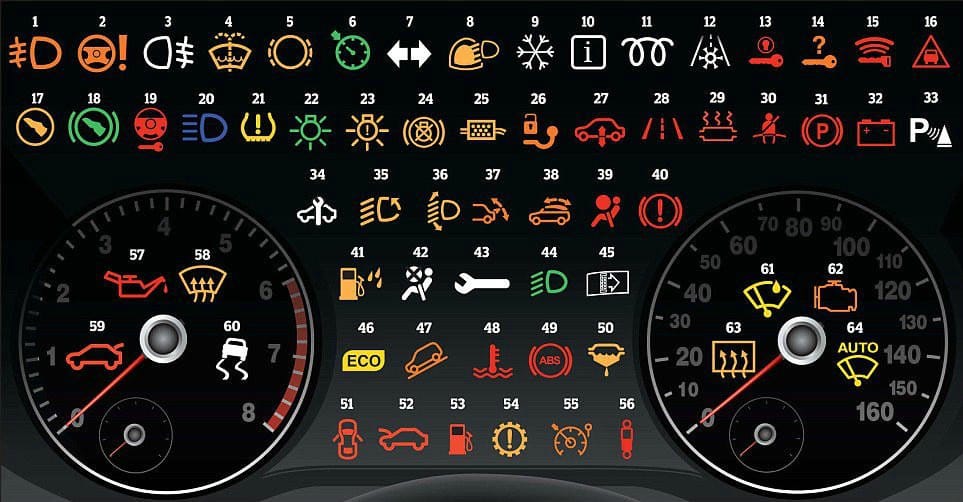The Ritual of Showing Up
Every other Thursday, I virtually sit across from a woman who oftentimes sees me more clearly than I see myself. She is sharp, warm, and maddeningly good at holding a mirror up to the mess I carry into whatever space I find on virtual therapy days. Therapy days aren’t for the faint of heart. They’re for the brave. Or the desperate. Or, most days, the barely-holding-it-together types like me.
When Acceptance Feels Like Betrayal
Today’s topic was radical acceptance.
I wrinkled my nose before the words were fully out of her mouth. “Why would I accept something that is wrong? That hurt me? That shouldn’t have happened?” To me, acceptance felt like letting the offender off the hook. Like asking my own body and heart to betray themselves by saying, “Yes, this happened,” without demanding an apology first.
So I tried to negotiate. “How about radical acknowledgment instead?”
My therapist smiled. “Acknowledgment isn’t radical. It’s step one.”
Then she said something that shifted the earth beneath me. “Even Martin Luther King Jr. radically accepted the failures of his government. Acceptance doesn’t mean it’s right. It means it’s real.”
What Is Radical Acceptance, Really?
Clinically, radical acceptance is a core concept in Dialectical Behavior Therapy (DBT), developed by psychologist Marsha Linehan. It means fully and completely accepting the reality of your life, in this moment, with your mind, body, and spirit. No minimizing. No denial. No rage-fueled bargaining with the past.
Here’s what it doesn’t mean:
- It doesn’t mean approving of what happened.
- It doesn’t mean forgiving someone who hurt you.
- It doesn’t mean letting go of your boundaries or values.
Unclenching the Fist
That’s what radical acceptance is. Not a permission slip for pain to run wild, but a gate. One you walk through to meet yourself. It’s the moment your grip on what-should-have-been finally softens enough to let what-is breathe. It’s standing in your truth without adding a layer of self-punishment for not preventing the impossible.
Radical Acceptance as a Power Move
What I learned today is that acceptance isn’t weakness. It’s an act of courage.
It’s not saying, “This should or shouldn’t have happened.”
It’s saying, “It did happen. And I’m no longer going to let it define or destroy me.”
It’s the moment your grip on what-should-have-been finally softens enough to let what-is breathe.
It’s standing in your truth without adding a layer of self-punishment for not preventing the impossible.
Not Ready. Still Trying. Still Here.
I’m not there yet. I’m still angry. Still bargaining. Still rehearsing conversations I’ll never get to have. But I’m learning. Slowly. That stopping the internal war isn’t the same as losing.
Sometimes, it’s how we finally begin to win.
Because healing isn’t about erasing what happened. It’s about choosing not to let it hold the pen anymore.





